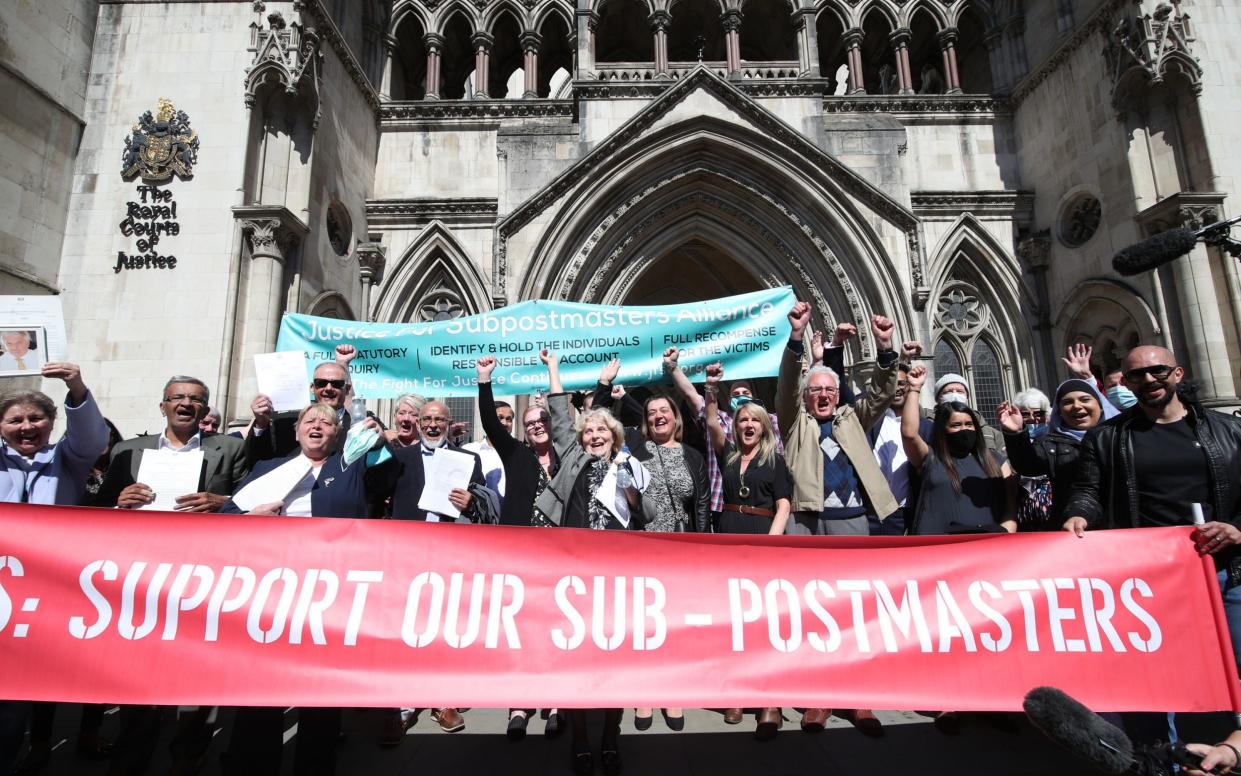The next Horizon scandal will be even bigger

If the Prime Minister were to stand in front of the nation and vow to constantly and repeatedly search the bank accounts of every Briton in the name of looking for potential indicators of welfare fraud and payments errors, the public would surely be outraged.
And yet, today, in a small Committee room in the House of Lords, extraordinarily intrusive bank spying powers will be debated as they hurtle towards the statue book, smuggled in at the last minute to a 288 page Data Bill.
As one crossbencher put it, “It feels as if this draconian clause is being hidden in the depths of a Bill that the Government perhaps felt would not generate much interest.”
It certainly does, because this financial snoopers’ charter will affect every single one of us. For the people most at risk of surveillance, intrusion and false suspicion at the hands of algorithmic monitoring, this new system could make the Horizon scandal look like a mere cautionary tale for a far more widespread disaster of injustice to come.
Fraudulent uses of taxpayers’ money must be dealt with – and the Government already has strong statutory powers to investigate the bank accounts of benefit fraud suspects – but now it is creating a nation of suspects and seeking powers to force banks, building societies and other organisations to repeatedly scan all of our accounts according to secret criteria. Banks must hand over unlimited types of information to the Department for Work and Pensions.
Whilst every single one of us will have our accounts scanned, the targets are those linked to receipt of a benefit: including the 10 million Brits in receipt of the state pension, the 3 million people with long-term illness or disabilities, and the hundreds of thousands of carers making great sacrifices to look after elderly and disabled family members. These are the people who would most likely be the victims of being falsely accused, just as happened in the Post Office Scandal.
The breathtaking new surveillance regime, which is not restricted to serious crime or even crime at all, will also target landlords who receive tenants’ housing benefits, and parents who are appointed to receive their disabled children’s benefits. All of their personal accounts, joint accounts – even the accounts of charities, trusts or companies they are named on – will be in the crosshairs of this unprecedented system of financial snooping.
Perhaps the Government will attempt to window-dress these draconian powers with “safeguards” as they come under greater fire. But nothing would change the fact that, for the first time, the gateway to mass bank spying is being recklessly flung open with no regard for individual privacy.
The greatest concern is this: these powers follow a disturbing trend of the reversal of the presumption of innocence in our country. For centuries, we have carefully balanced the relationship between citizens and the state, whereby no Briton should suffer intrusion on his property or personal affairs without a suspicion of wrongdoing. Yet the Conservatives, who promised to dismantle the nanny state, has found itself building a digital Big Brother state – so overbearing over our private lives that it orders tens of millions of our bank statements to be constantly rifled through in secret.
This trajectory foretells a curtailing of liberty for the generation growing up in a digital world. Whilst millions of us still carefully shred our paper bank statements each month, digital finance now means that unwelcome intruders, whether criminals or the state, can get access to our private information in the digital shadows, whether we like it or not and even without us knowing.
This does little to build confidence in the Government’s plans to pilot a centralised digital currency (CBDC) or ‘Britcoin’ next year, where our every transaction would be recorded on a central ledger. Governments piloting CBDCs around the world are discussing the prospects of automating welfare and taxes alike. Against the backdrop of this financial snoopers’ charter, the Treasury’s vague assurances about CBDC privacy appear as thin and translucent as a polymer fiver – only far less trustworthy.
The public insult to the injury of this assault on our privacy is that so often these systems of mass digital surveillance are wholly ineffective in achieving the stated aims. The Government’s own impact assessment estimates that, if it works, this unprecedented bank spying regime will recoup less than 3% of the estimated annual loss to welfare fraud and error.
How did our privacy and dignity become so cheap to merit such vast, irreversible digital intrusion? What would the next government do with this eye-watering architecture? Sunak should scrap the financial snoopers’ charter as quickly as it was smuggled in.
Silkie Carlo is Director of Big Brother Watch

